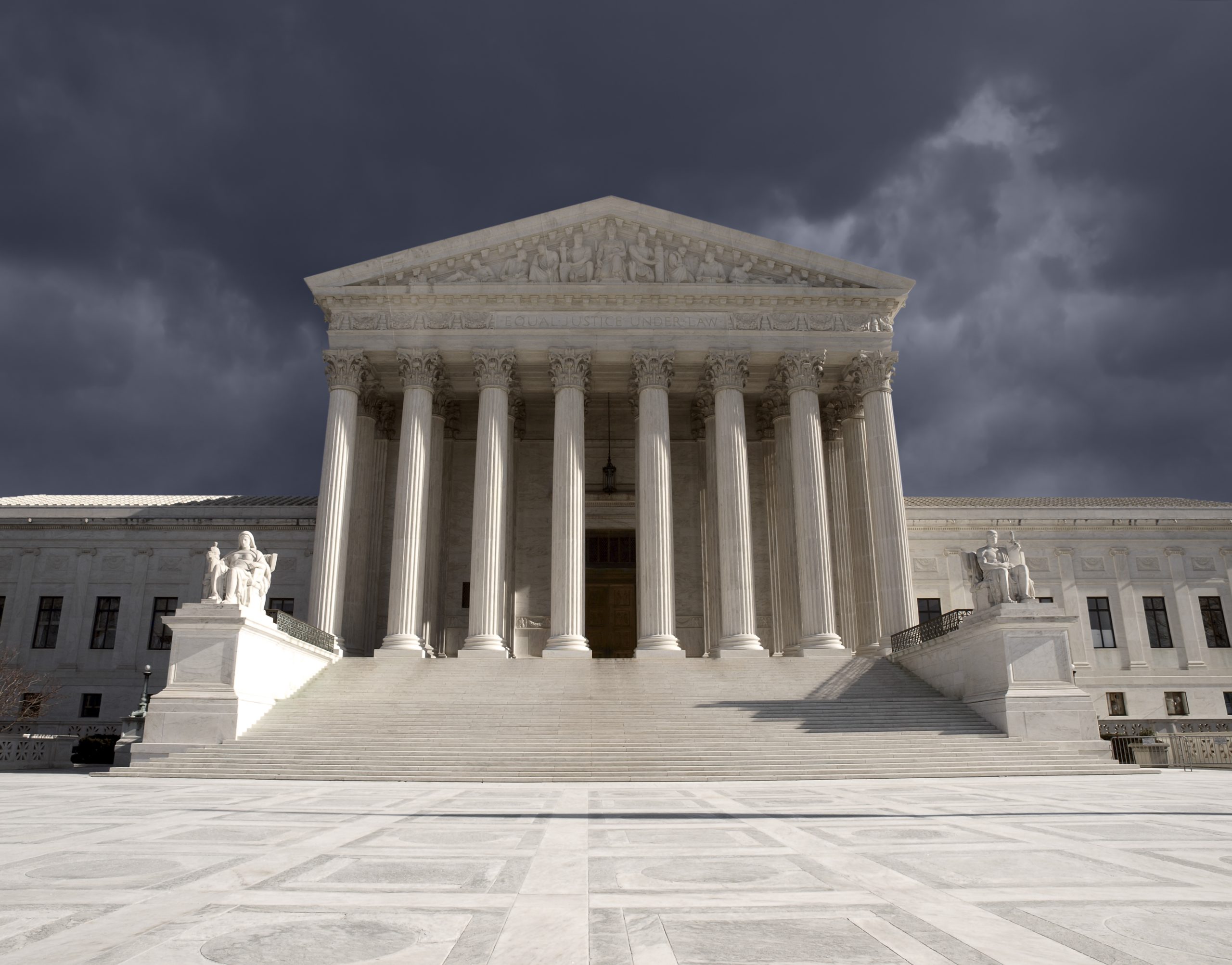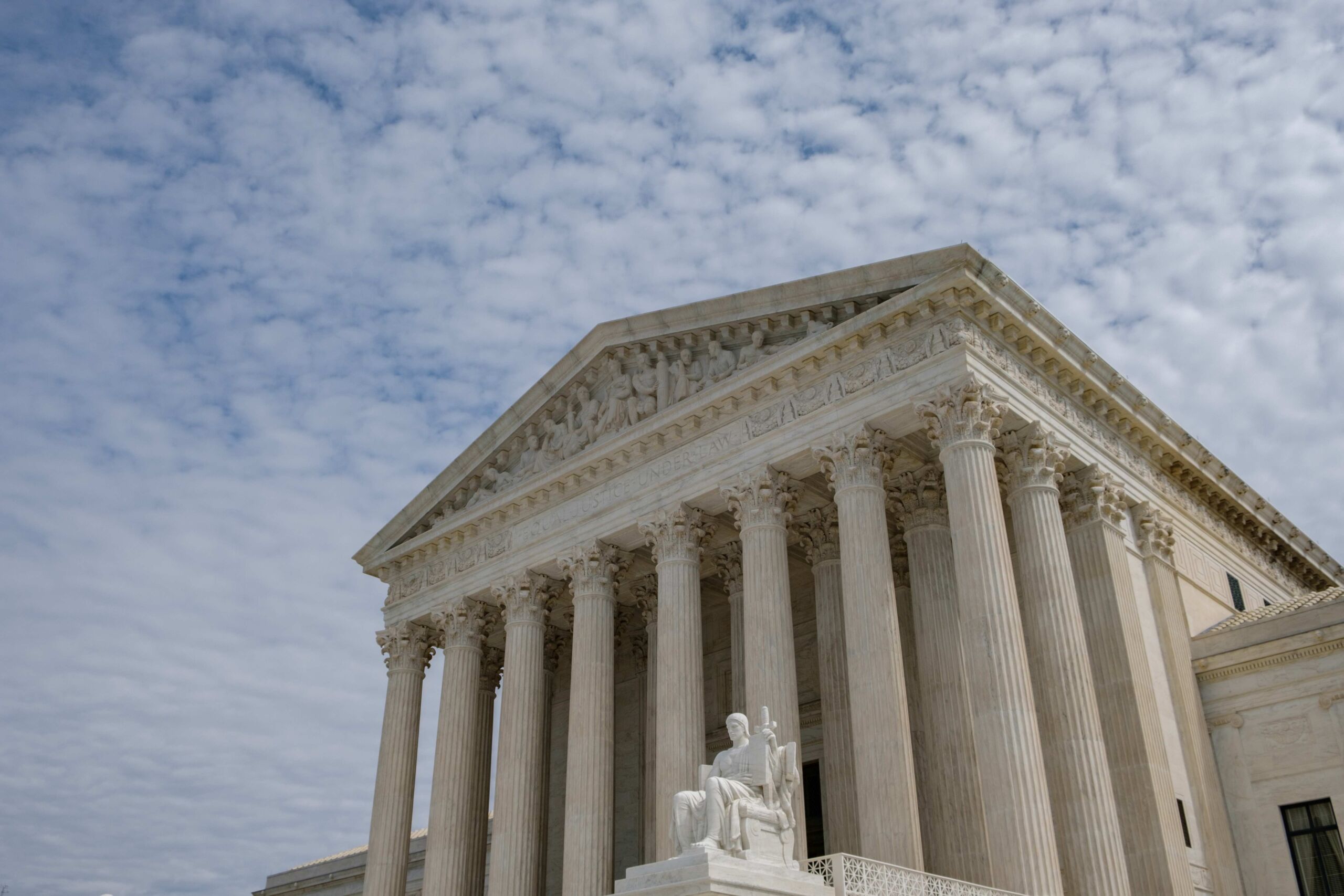Another Rate Increase While The Debt Limit Fight Rages On
An interest rate increase of 0.25 percentage points could be the last for a while, says Fed. The Federal Reserve raised interest rates for the 10th time in about a year, and indicated that it will pause increases, all while the economy is slowing and recession fears are growing.
Meanwhile, Treasury’s cash balance is low. The Treasury Borrowing Advisory Committee indicates that the US government’s current cash balance is $238 billion below recommended levels, and ‘significantly below what even the nation’s largest banks hold in available liquidity despite managing significantly smaller balance sheets.”
For House Republicans, tax increases are an option now. While nearly all of the Limit, Save, and Grow (LSG) deficit reduction and debt limit bill’s $4.8 trillion in deficit reduction would come from spending cuts, the congressional Joint Committee on Taxation shows the bill saves about $515 billion over the next decade by repealing the green energy tax credits that were included in last year’s Inflation Reduction Act. TPC’s Howard Gleckman writes, “For the House GOP this is…awkward…The new GOP bill eliminates credits with no offsetting re cuts, part of the GOP’s no new tax pledge made in 1986.
TPC analysis: Those House GOP tax increases would hit all households, especially high-income earners. TPC’s John Buhl highlights TPC’s latest modeling. Repealing clean energy tax incentives in exchange for a temporary increase in the federal debt limit would reduce after-tax incomes in 2024 by an average of 0.2 percent ($810) for those in the top 20 percent of earners (who make at least $195,000 a year), while low- and middle-income households would face smaller increases.
Thirty-one Democratic Senators urge IRS to simplify tax filing, expand free e-filing. The lawmakers have written a letter to IRS Commissioner Danny Werfel urging the agency to simplify the tax filing process and expand access to free e-filing options. They argue that recent investments from the Inflation Reduction Act can help the IRS modernize and restore confidence in the integrity of the U.S. tax system. The IRS expected to finalize its report on direct e-filing this month.
And Senate Finance Committee members want the IRS to protect itself from the misuse of AI. Led by Sen. Maggie Hassan (D-NH), they have called on the IRS to “use all the tools at its disposal” to counter tax scams generated by artificial intelligence in their May 1 letter to the agency, TaxNotes shares (paywall). ChatGPT, for example, can make targeted communication used in attacks by cybercriminals more effective.
To e-bike, or not to e-bike? It should not be a tax question. TPC’s Tax Hound Renu Zaretsky examines the E-BIKE (Electric Bicycle Incentive Kickstart for the Environment)) Act. It aims to encourage Americans to own and use e-bikes by offering a refundable tax credit worth 30 percent of an e-bike’s price, up to $1,500. But why? The e-bike market is already flourishing. And for those who cannot afford luxuries, an e-bike remains an expensive transaction to manage while waiting for a tax refund. Renu concludes that the credit would “reward some e-bike buyers for doing something they were planning to do—and could already afford—anyway.”
For the latest tax news, subscribe to the Tax Policy Center’s Daily Deduction. Sign up here to have it delivered to your inbox weekdays at 8:00 am (Mondays only when Congress is in recess). We welcome tips on new research or other news. Email Renu Zaretsky at [email protected].






